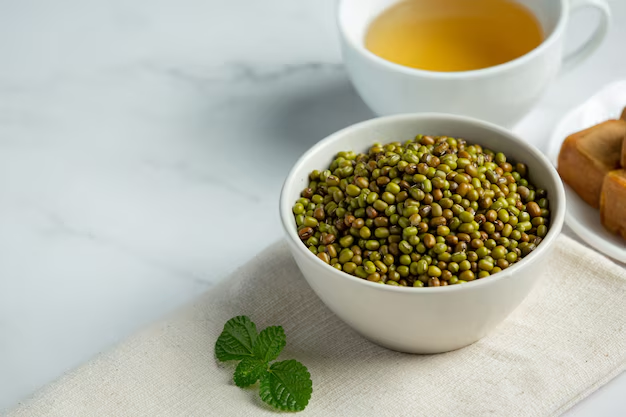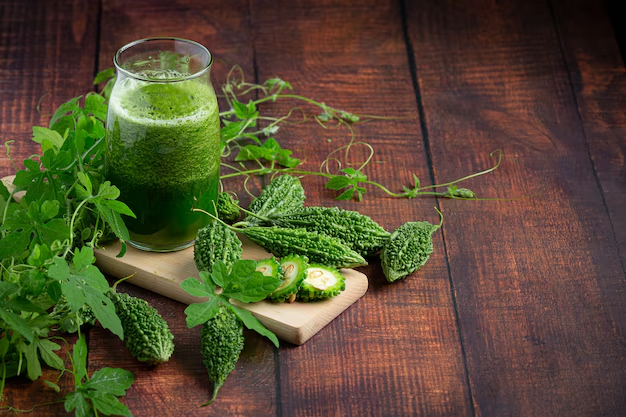Introduction
Frequent urination in children can be a common concern, often characterized by the child needing to urinate more frequently than usual without an increase in fluid intake. While it can be caused by simple factors like high fluid consumption or anxiety, it may also point to underlying issues such as urinary tract infections (UTIs), diabetes, or an overactive bladder. In most cases, it is harmless and temporary, but parents should monitor for other symptoms like pain during urination, fever, or bedwetting. If these symptoms appear or if the frequent urination persists, consulting a doctor for further evaluation is important.
Understanding the Condition

Differentiating between frequent urination and a urinary tract infection (UTI) is crucial for understanding the root cause of the issue. Frequent urination without other symptoms, like pain or burning, is often linked to non-serious factors such as anxiety, excessive fluid intake, or even certain foods like caffeine or citrus that irritate the bladder. In contrast, a UTI typically presents with more severe symptoms, including pain during urination, cloudy or foul-smelling urine, and sometimes fever. Other underlying causes of frequent urination could include stress, bladder overactivity, or diabetes. Identifying the specific symptoms can help guide whether simple home remedies or medical intervention is needed.
Traditional Indian Remedies

Coriander seeds water is a popular Indian remedy for frequent urination, prepared by soaking a tablespoon of seeds in water overnight and consuming the strained water in the morning. It helps cool the body and supports bladder health. Ajwain (carom seeds) water is made by boiling the seeds in water, which releases their soothing properties that ease digestion and promote urinary balance. Tulsi (holy basil) juice is another natural remedy; grinding a few fresh leaves and mixing the juice with honey can calm the bladder and relieve symptoms of frequent urination. Cumin (jeera) water, prepared by boiling a teaspoon of seeds in water, is beneficial for detoxifying the system and improving urinary health due to its anti-inflammatory and antimicrobial properties.
Lifestyle and Dietary Adjustments

Incorporating fiber-rich foods into a child’s diet, such as whole grains, fruits, and vegetables, can help regulate digestion and reduce pressure on the bladder, which may decrease frequent urination. At the same time, it’s important to avoid foods that can irritate the bladder, such as citrus fruits, spicy dishes, and caffeinated drinks, as they can trigger the need to urinate more often. Maintaining proper hydration is essential as well, but care should be taken to avoid excessive fluid intake late in the day. Drinking enough water throughout the day supports overall urinary health and prevents concentrated urine, which can irritate the bladder.
Other Ayurvedic Solutions

Ashwagandha, a powerful adaptogen used in Ayurvedic medicine, is known for its ability to reduce stress and calm the nervous system, which can be beneficial for children experiencing anxiety-induced frequent urination. By soothing the nerves, Ashwagandha helps reduce the psychological triggers that may lead to an overactive bladder. Shatavari, another well-known Ayurvedic herb, is traditionally used to support urinary health. It strengthens the urinary system, improves bladder function, and is believed to help manage conditions like frequent urination by balancing fluid retention and promoting overall health in the urinary tract.
When to Consult a Doctor

While frequent urination in children is often harmless, certain signs may indicate a more serious underlying issue. Symptoms like fever, pain or burning during urination, foul-smelling or cloudy urine, and blood in the urine could point to infections such as a urinary tract infection (UTI). Bedwetting in a child who has previously been dry or sudden weight loss may also be red flags for conditions like diabetes or kidney issues. If these symptoms are present, it’s important to consult a healthcare professional for proper diagnosis and treatment to prevent complications
Conclusion
A balanced diet plays a crucial role in maintaining a child’s overall health and supporting proper urinary function. Ensuring that the child eats nutritious, fiber-rich foods, stays hydrated, and avoids bladder irritants can help manage frequent urination. Equally important is closely monitoring the child’s symptoms and any changes in their condition. While natural remedies like herbal infusions and dietary adjustments can be beneficial, they should be combined with medical advice to ensure the best outcomes. Consulting a healthcare professional ensures that any serious underlying conditions are ruled out or treated alongside home remedies for optimal results.
How many amla per day is good?
Consuming 1 to 2 amlas (Indian gooseberries) per day is generally considered beneficial for most people. Amla is rich in Vitamin C, antioxidants, and essential nutrients that support immunity, digestion, and overall health. Eating this amount provides a balanced intake without overwhelming the body with excessive sourness or acidity, which may cause discomfort for some. For those new to amla, it’s best to start with smaller amounts and gradually increase consumption based on individual tolerance.
2. What is the best combination with amla juice?
Amla juice pairs well with several ingredients to enhance its taste and nutritional benefits. One of the best combinations is honey and warm water, which helps balance the sourness of amla while aiding digestion and boosting immunity. Adding ginger to amla juice is another popular combination, as it amplifies the detoxifying effects and provides anti-inflammatory properties. Mixing amla juice with aloe vera is also beneficial for skin health and digestion. For a refreshing twist, you can blend amla juice with mint or lemon juice for a hydrating, vitamin-packed drink.
natural remedies for frequent urination in females at night
Frequent urination at night, or nocturia, in females can be managed with several natural remedies. One effective approach is to reduce fluid intake, especially caffeinated or alcoholic drinks, a few hours before bedtime. Consuming herbs like parsley, which acts as a mild diuretic, can help regulate bladder activity. Drinking cranberry juice, known for promoting urinary tract health, can also reduce nighttime trips to the bathroom. Additionally, pelvic floor exercises like Kegels strengthen bladder control. Incorporating magnesium-rich foods, such as spinach and bananas, may further help by relaxing bladder muscles.
Does amla increase urination?
Amla (Indian gooseberry) may have a mild diuretic effect, which can increase urination in some individuals. This is due to its high antioxidant and vitamin C content, which supports detoxification and helps flush out toxins from the body. Increased urination can aid in removing excess salts and fluids, promoting kidney health. However, the effect is generally mild, and consuming amla in moderation is unlikely to cause excessive urination. People with pre-existing bladder issues should monitor their intake and consult a healthcare provider if they notice significant changes in urination patterns.
